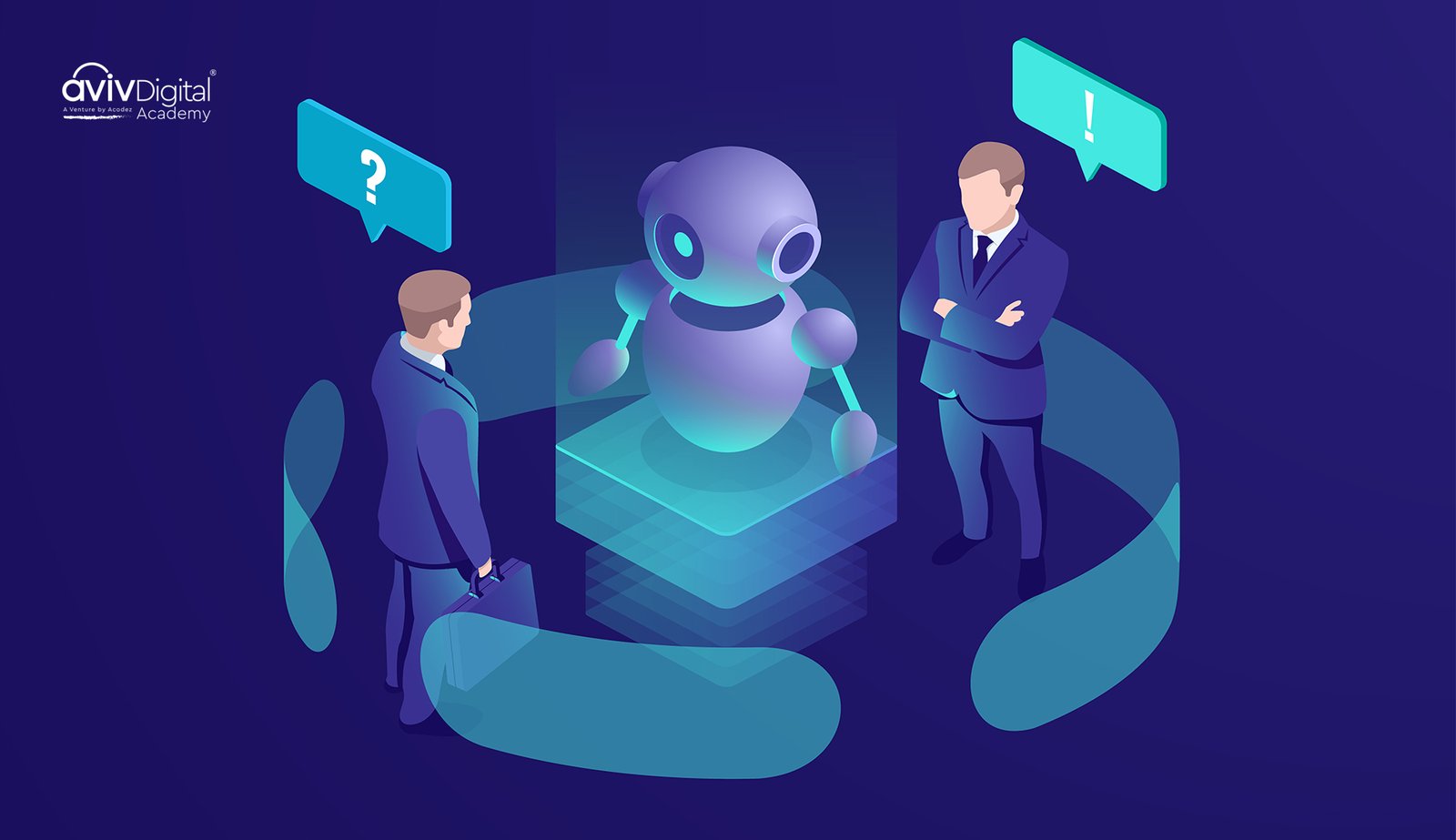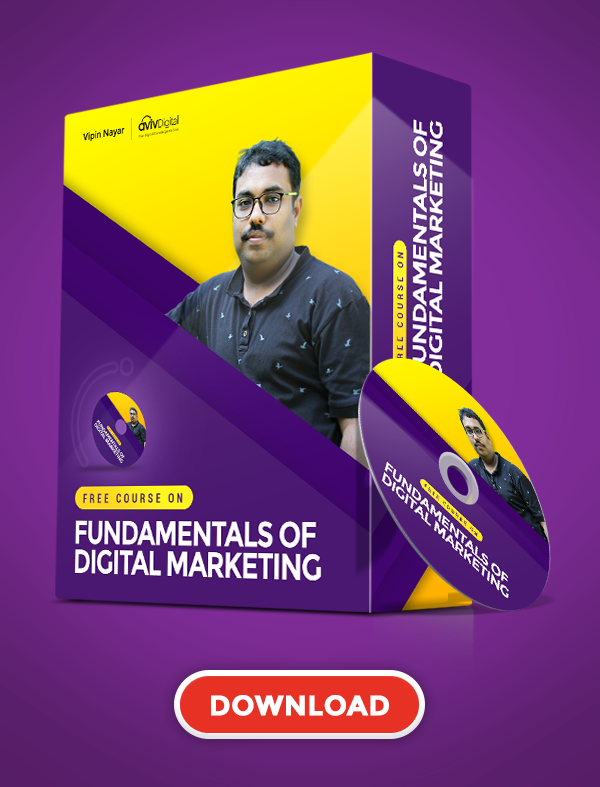
Introduction
AI isn’t a distant dream anymore. It’s already shaping how we think, work, and create. Among the many tools that brought this change, ChatGPT stands out. It has transformed the digital and real world. And it has redefined how individuals engage in learning and work. It broke down complicated tasks and made thinking creatively easier for all. But it is no longer 2022, and there are a few AI tools like ChatGPT which we can test. Each has something different to offer. Some tools are designed for creativity, others for research, and a few are just awesome in making you work better. It doesn’t matter if you’re learning, producing, or simply discovering; there’s an AI tool for you out there that can support you the way you think and work.
The Rise of AI
It might surprise you, but work on artificial intelligence started all the way back in the 1940s. What began as an idea about teaching machines to “think” has turned into one of the most powerful shifts in modern technology. Everyone used to worry about AI taking their jobs earlier on. But just as how machines once used to make human work much easier, AI applications have evolved to be a companion and not an enemy, allowing us to save time, simplify, and work smarter. As we stopped worrying, we began to realize its actual value, a technology not meant to replace us, but to work together with us in ways that we never even imagined. In fact, 78% of organisations reported using AI in at least one business function in 2024, up from 55% a year earlier, proving just how rapidly this collaboration between humans and machines is expanding.
Why Look Beyond ChatGPT?

ChatGPT is good. But no AI can do everything flawlessly. There are some that are better at reasoning. Some that provide you with real-time facts. Some that simply have a personality that is more natural. Once you try a few, you’ll know which one clicks with you.
For instance:
If you crave creative flair, Claude or Jasper is the way to go.
If you’re a daily user of Microsoft apps, Copilot is in a league of its own.
Different tools are different strengths. It’s like getting new apps. Once you discover one that suits your style, you won’t be looking back and with the AI market projected to grow at a CAGR of approximately 37.3% from 2025 to 2030, it’s clear that innovation in this space is only accelerating, giving users even more powerful choices ahead.
How to Choose the Right AI Tool
But first, ask yourself a few easy questions:
- What do I really need?
Writing assistance? Programming? Research? Each AI has its special niche.
- How do I intend to use it?
Some AIs reside within other programs (such as Copilot in Word). Others exist on their own websites.
- Do I require creativity or precision?
Innovative tools such as Claude and Jasper are excellent for ideas. Gemini or Perplexity are more suitable for facts.
- What is my budget?
Some tools come with free plans, but a few require you to subscribe for full access.
- Is my data secure?
Always worth exploring. Tools such as Anthropic’s Claude and Google Gemini are clear about privacy.
A “good” AI tool isn’t about hype. It’s about what helps you work smarter. Once you know what you need and how you’ll use it, the choice becomes easier. Each AI tool has its strengths, so matching them to your goals saves time and effort. You don’t have to try every option out there, just the ones that fit your needs. The right tool should feel like an extension of how you already work, not something you have to struggle to learn.
Top 10 ChatGPT Alternatives in 2025

There are several tools similar to ChatGPT. Let’s explore the top AI tools that can rival ChatGPT this year.
1. Claude 3 (by Anthropic)
Claude is reminiscent of that soothing, patient friend who always gets what you’re saying. It responds wonderfully to long prompts, retains context well, and comes across very naturally in conversation. Writers adore it for its tidy tone. Analysts utilize it for reports and summaries. And instructors swear on its clarity.
Ideal for: Writing, reasoning, and reflective discussions.
Why it’s worth it: Reads as balanced, intelligent, and surprisingly “human”-sounding.
2. Perplexity AI
Perplexity is what you get when you combine ChatGPT with Google Search. It provides instant, sourced answers. And yes, it even cites where it found the information. Which makes it a student and researcher’s goldmine. It’s accurate, fast, and doesn’t make up random facts as frequently as some of its peers.
Best for: Research, instant summaries, and fact-checking.
Why it’s worth it: Source-credited answers in seconds.
3. Microsoft Copilot
If your day is all about Word, Excel, or PowerPoint, this is your fantasy AI. Copilot operates within Microsoft applications, assisting you in writing emails, making data look pretty, and even presenting. t’s useful and effective, just what you require for work.
Best for: Professionals and students utilizing Microsoft 365.
Why it’s worth it: Time-saving within tools you already utilize.
4. Google Gemini
Gemini (previously Bard) has become something great. It draws on real-time information from Google Search, summarizes videos, and educates you visually on new subjects. Essentially, it’s having an AI helper familiar with the internet.
Best suited for: Research, YouTube abstracts, and learning.
Why it’s worth it: Real-time information and multimedia support.
5. Meta AI
Meta AI is integrated directly into WhatsApp, Instagram, and Messenger. You can ask it for answers, inspiration, or even write captions. All without having to leave your conversation. It’s informal, fast, and surprisingly useful.
Best for: Daily use and fast replies.
Why it’s worth it: Integrated into social apps you already use every day.
6. Grok (by xAI)
Elon Musk’s Grok is integrated into X (Twitter) and is somewhat like having a clever, sassy friend who’s online at all times. It gets trending things and even inserts sarcasm in replies. It’s not merely a chatbot, it’s an AI social with personality.
Good for: Social media consumers and trend observers.
Why it’s worth it: Feels like a conversation and tuned into current events.
7. Jasper AI
Jasper specializes in one thing; awesome writing. It’s utilized by businesses, creators, and marketers to compose blogs, advertisements, and emails with the appropriate tone and rhythm. You can even train it to sound like your brand voice.
Ideal for: Marketing and creative writing.
Why it’s worth it: Adds your content a refined, professional touch.
8. Writesonic
Writesonic is highly flexible. It accommodates loads of formats. Blog articles, product descriptions, and even captions. You can even create AI images in one location. It’s quick, easy, and perfect for teams.
Ideal for: Content producers and e-commerce.
Why it’s worth it: Wonderful combination of speed and imagination.
9. Pi (by Inflection AI)
Pi is different. It’s not built for productivity — it’s built for connection. It listens, remembers details, and replies with empathy. Many people use it for self-reflection, journaling, or mental health check-ins. It’s less like a bot and more like a kind, calm friend.
Best for: Emotional support and mindful conversations.
Why it’s worth it: Feels genuinely human in tone.
10. Notion AI
If you’re already using Notion, this is a no-brainer. Notion AI organizes notes, summarizes pages, and drafts ideas without breaking from your workflow. It’s convenient, quick, and integrates naturally into productivity habits.
Best for: Organization and documentation.
Why it’s worth it: Intensely integrated with Notion tools.
Bonus Mentions
A few more to look at:
Character.ai – Create chatbots with distinctive personalities.
YouChat – Lightweight software with real-time web answers.
Quillbot – Ideal for paraphrasing and rewriting text tidily.
So, Which One Should You Choose?
If creative writing is your thing, use Claude or Jasper. If you enjoy data and research, use Perplexity or Gemini. If you’re a resident of Excel or Word, Copilot is your friend.
And if all you need is an AI that responds on Instagram, Meta AI and Grok are the clear winners. There is no single champion. Choose one that suits the way you think and work.
alsoRead
Conclusion
AI has officially transitioned from being a trend to being a habit. It is how we learn, create, and remain productive. What started as curiosity has now become a daily routine for millions. It’s not just about what AI can do, but how it fits into the way we think and work. ChatGPT began it all, but it no longer has a monopoly on things. From Perplexity’s real-time search to Claude’s deep thinking and Gemini’s data wizardry, each tool brings its own flavor to the world of AI. The objective isn’t to discover the strongest AI, it’s to discover the one that feels most comfortable for you. The one that enhances your day a little bit, your ideas a little clearer, and your time well-used.
Which research AI tool is the best?
Perplexity and Gemini, no question. Both utilize real-time information and reference sources.
What are the best ChatGPT alternatives in 2025?
Some of the best ChatGPT alternatives in 2025 include Claude 3, Perplexity AI, Google Gemini, Microsoft Copilot, Jasper AI, and Meta AI. Each excels in different areas—Claude for reasoning and creativity, Perplexity for research, and Gemini for real-time updates.
Are there any AI tools like ChatGPT that work within apps like Word or Excel?
Yes! Microsoft Copilot is the perfect alternative to ChatGPT for productivity tools. It integrates directly into Word, Excel, PowerPoint, and Outlook, helping users create reports, presentations, and emails effortlessly.






